Week 5: Anti-Discrimination Bill & Much More Pass Senate!
Dear Friend,
This past week, the upper chamber took action to make Virginia a more perfect Commonwealth. It was an incredibly moving moment when Senator Ebbin’s anti-discrimination bill overwhelmingly passed the Senate. The bill adds a prohibition on discrimination in employment, housing, and public accommodations on the basis of sexual orientation or gender identity. The language mirrors Federal anti-discrimination prohibitions based on race, religion, national origin, pregnancy, or marital status. I can say with confidence that the House of Delegates will approve this bill and that Governor Northam will very likely sign it. The passage of Senator Ebbin’s bill and the ratification of the ERA amendment send a clear message that Virginia is taking a stand for equality. I am proud to be part of that effort.
There is also movement on issues important to Virginia’s families. Measures to reduce the income inequality gap, such as increasing the minimum wage, giving localities the authority to enter into collective bargaining agreements, and requiring employers to offer five (5) paid sick days (or paid time off) on an annual basis, moved through the committee process. Bills addressing these topics will come before the entire Senate for a vote next week. I have advocated for and co-sponsored proposals in all of these areas. Noted below are specific bills I would like to highlight:
Paid Sick Days - In collaboration with the Virginia Interfaith Center, organized labor groups, and various business interests, I was able to convince the Senate Commerce and Labor Committee that employers with 15 or more employees need to offer paid sick days. These days can be accrued based on the hours worked per week, but a full-time employee should receive 5 days per year to use in case of illness or the need to care for a sick child or elderly parent. My proposal certainly helps working families, but it also addresses a public health concern. So often, home care aides, restaurant workers, and others come to work sick and they, unintentionally, spread germs to those nearby.
Fortunately, my paid sick day bill mirrors a proposal offered by Governor Northam, although he applies the sick day requirement to employers with 25 employees or more. Additionally, the Governor allocates money in his budget to fund two new FTE slots to implement the bill. Unfortunately, a clause that ties implementation of my bill to the availability of funds is part of the legislative language, placed there by the Appropriations and Finance Committee. I am keeping my fingers crossed that the General Assembly crafted budget allocates funding for this very needed requirement. The Senate is scheduled to vote on my bill (SB481), early next week.
Continuing Education for TANF Recipients - My bill provides financial support and child care subsidies to individuals receiving Temporary Assistance to Needy Families (TANF), if they are continuing their education or in a job training program that will take longer than two (2) years. Under current Virginia law, a TANF recipient can only receive services for two continual years, although the Federal government allows for an uninterrupted maximum participation of five years. Consequently, many TANF families cannot work their way out of poverty with low-paying jobs, and they must reapply for services. In collaboration with the Virginia Poverty Law Center, and the advocacy group Social Action Working Together, I was able to make the case that allowing flexibility within the five-year cap will better enables families to reach the goal of self-sufficiency. Virginia is one of only three states that currently applies an arbitrary cut-off within the five-year period. Fortunately, the Senate passed my bill and it is on its way to the House of Delegates.
Addressing Food Insecurity - I sponsored a bill that directs the Virginia Department of Agriculture and Consumer Services (VDACS) to study the sources and scale of preventable food waste and to develop recommendations on how to prevent such waste, with data-driven reduction targets and timelines. Most importantly, SB486 asks the VDACS to identify “best practices” for working with grocery stores and restaurants in an effort to direct usable excess food to food banks and communities where fresh fruits and vegetables are scarce. A study by the Natural Resources Defense Council says: “...(g)etting food to our tables uses 50 percent of US land and 80 percent of our fresh water... Yet, 40 percent of food in the United States today goes uneaten. That is more than 20 pounds of food per person every month.” I think this is a problem we must start to tackle.
Slot Machines - I supported Senator Howell’s bill (SB971) that regulates slot machines in entertainment centers. Essentially, this bill permits the promotion of gaming on electronic devices, but makes it illegal to provide a cash reward for winning the game. The player may be rewarded by receiving a non-cash merchandize prize or a voucher to purchase such a prize. Slot machines are too enticing for those who have limited resources and can least afford to spend their dollars chasing a highly unlikely cash reward. Experts note that the probability of winning on a slot machine is 5 percent if a person plays that machine 500 times.
Transportation Funding Bill - We are all immersed in studying the Governor’s Omnibus Transportation bill. One important item in the bill transforms the funding of rail in the Commonwealth. The bill establishes a Passenger Rail Authority and authorizes the sale of debt, backed by the tolls on I-66 inside the beltway, to expand passenger and commuter rail. The dedicated use of these toll dollars honors the agreement lawmakers accepted a few years ago. There are many other aspects of this omnibus bill which I will discuss in next week’s update.
It is an honor and privilege to represent you in Richmond. I appreciate your ongoing support.
Sincerely,
Senator Barbara Favola
31st District - Representing Parts of Arlington, Fairfax & Loudoun


